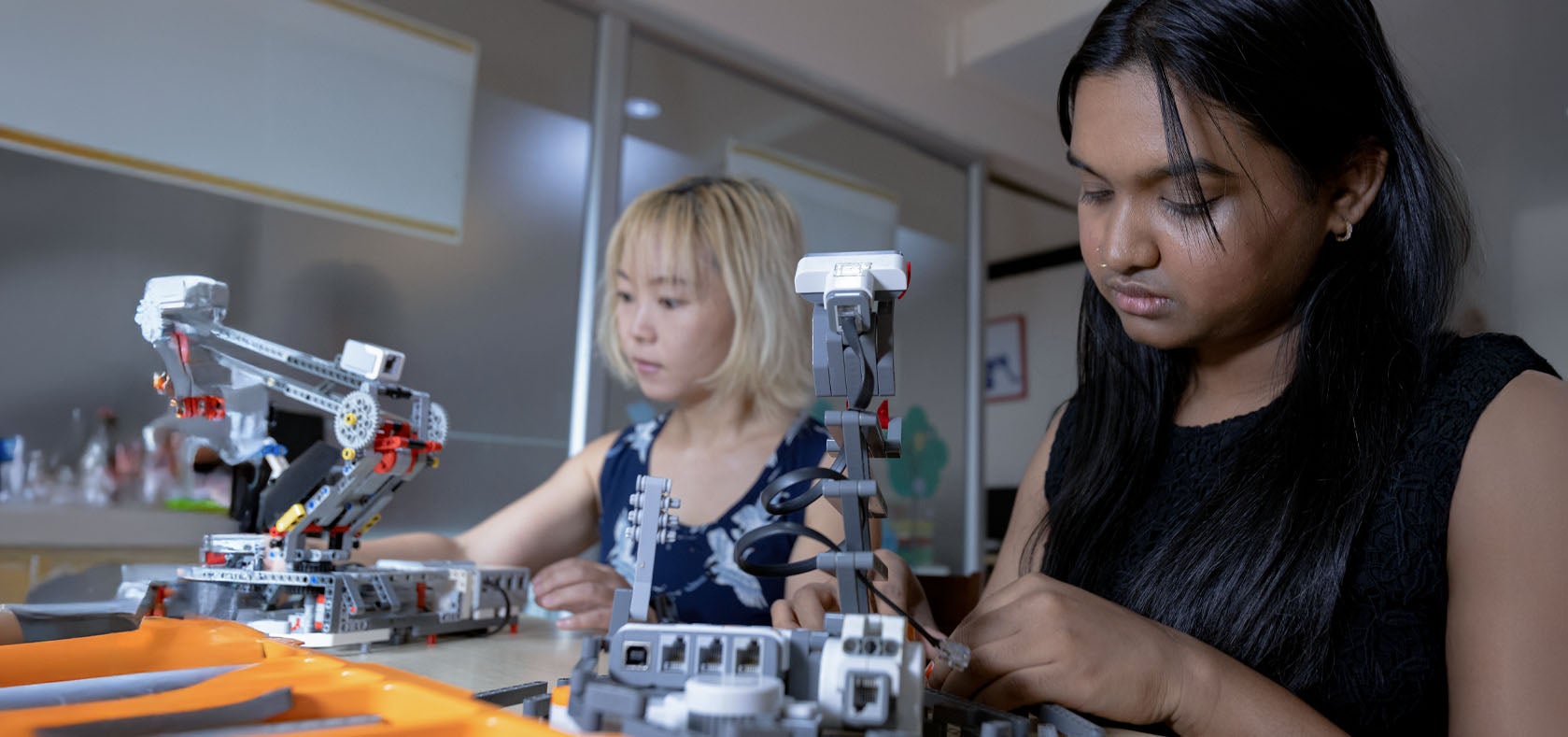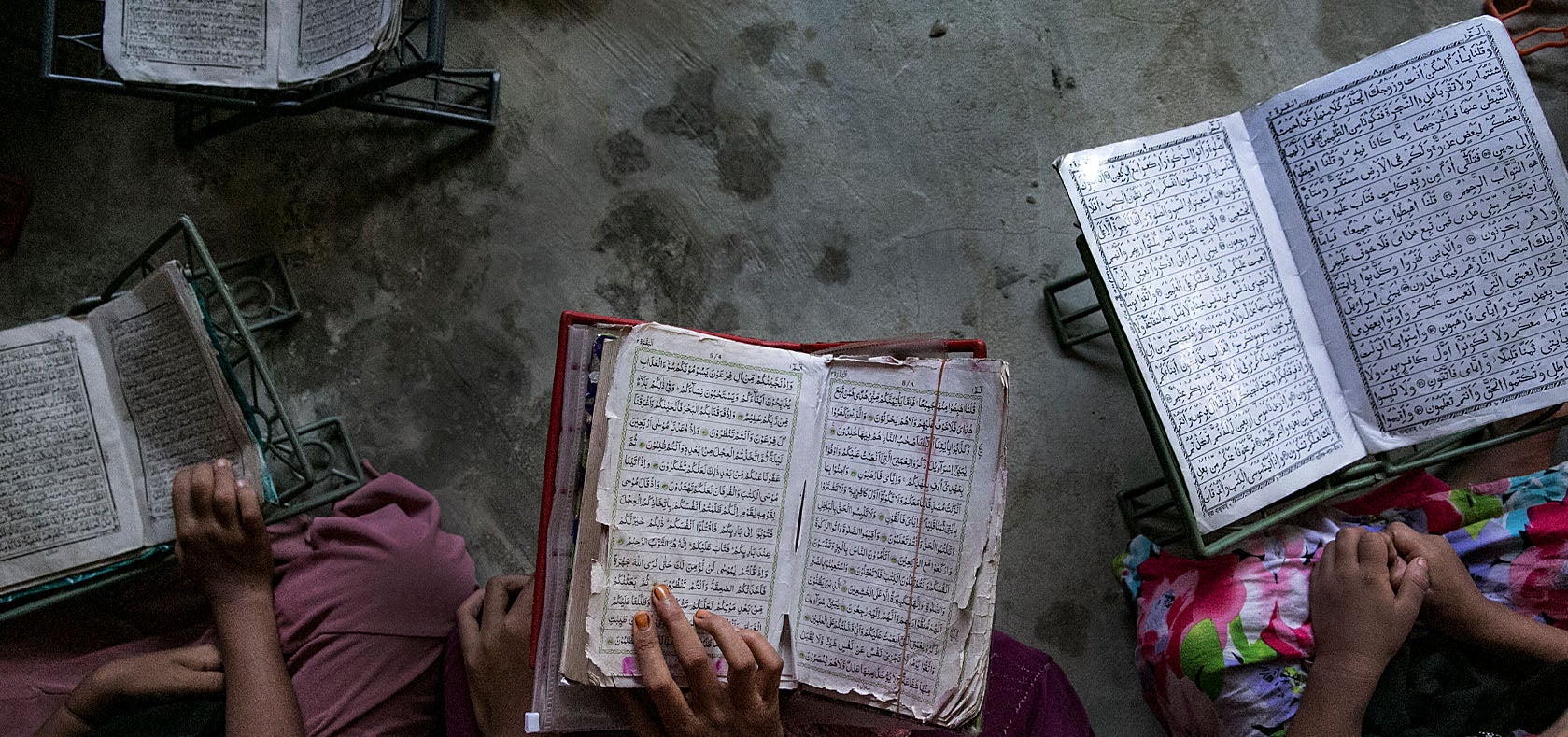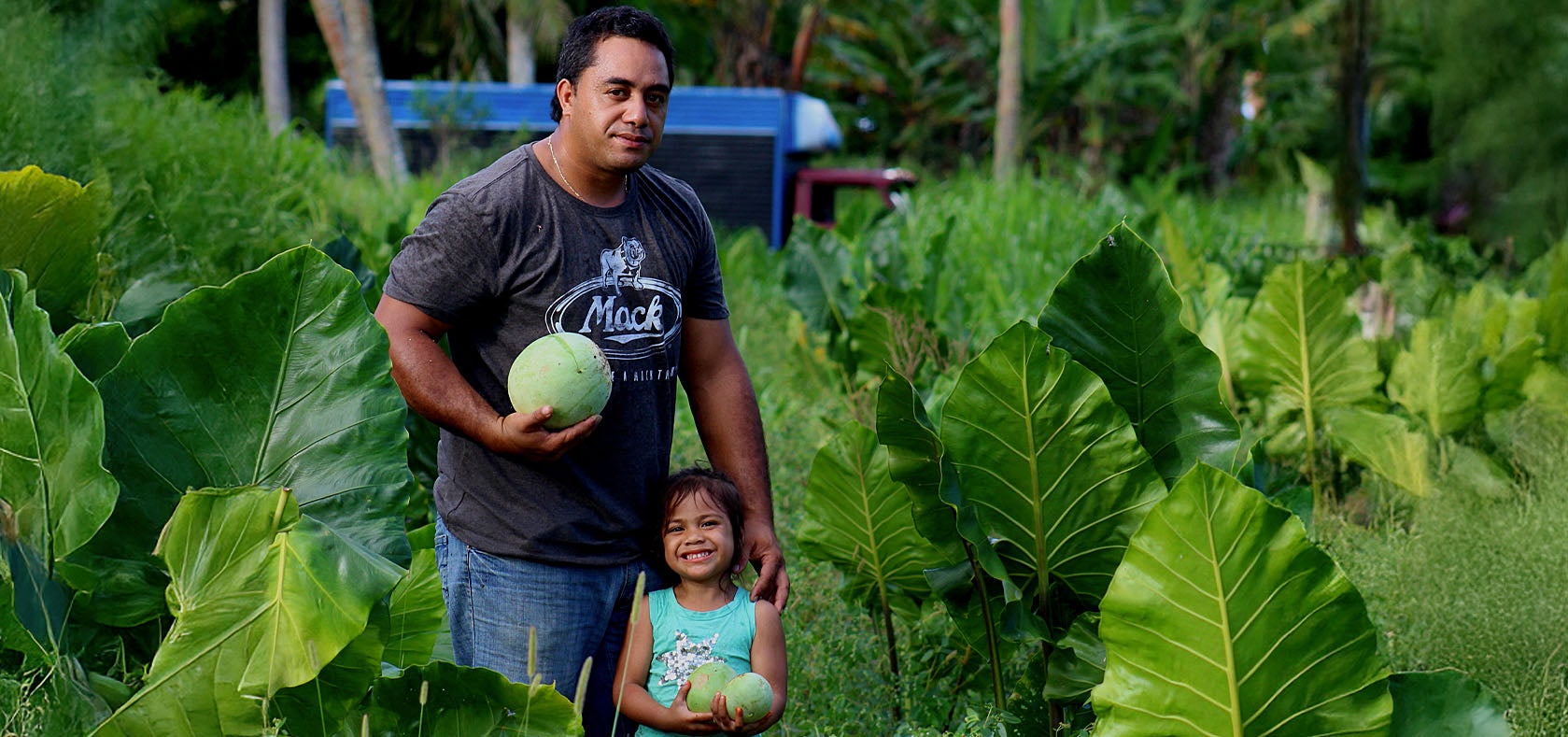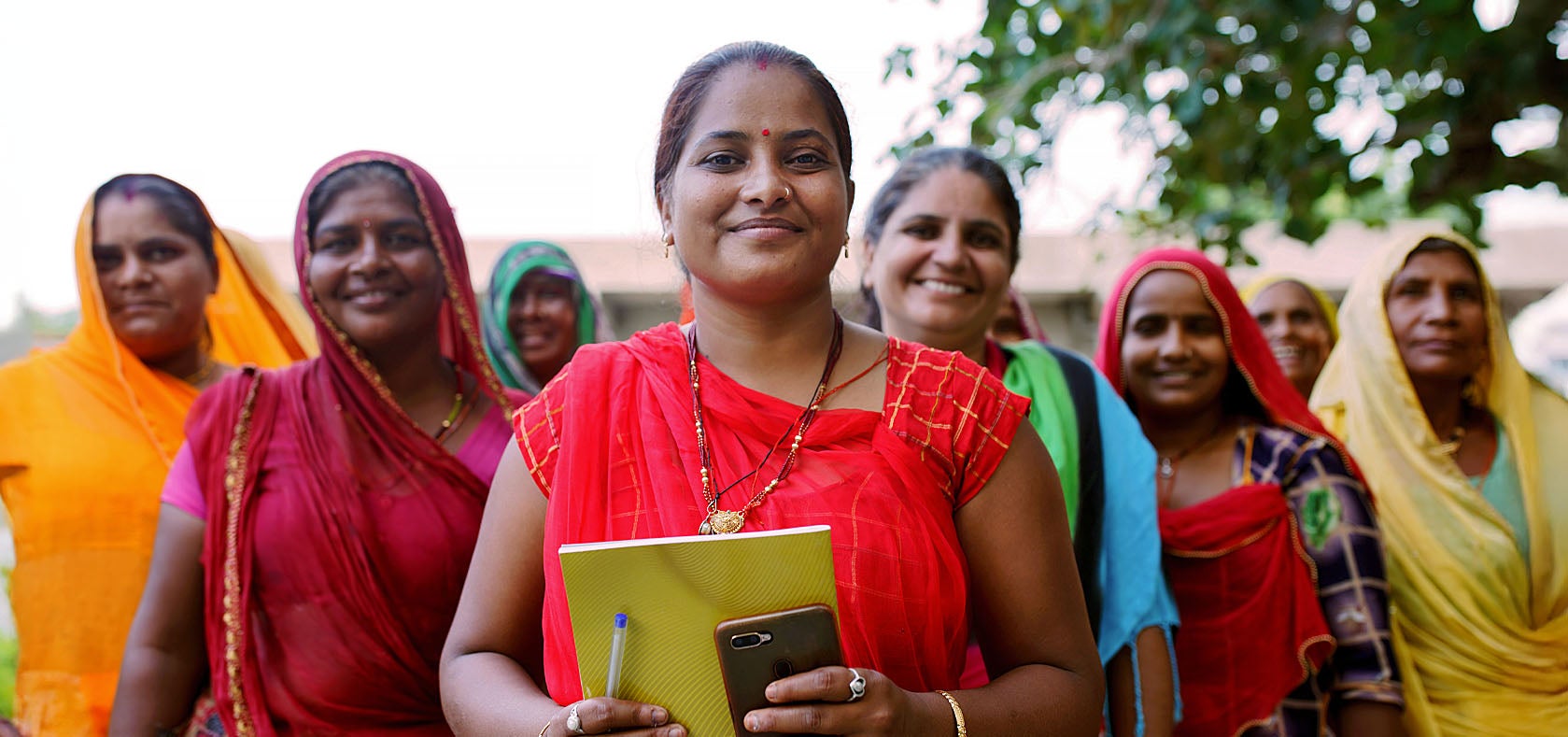Opinion | Faster, bolder action needed to empower women across the Asia-Pacific
Great strides made since 1995 Beijing Declaration of women’s rights but progress still uneven and often fragile. True equality remains elusive
Date:
Authors: Armida Salsiah Alisjahbana and Sima Bahous

With the review of the implementation of a landmark global manifesto on women’s rights ahead of its 30th anniversary next year, a key message has become very clear: Asia-Pacific countries need to take faster, bolder action if they are to realise its vision of “equality, development and peace for all women everywhere in the interest of all humanity”.
Since the adoption of the Beijing Declaration and Platform for Action in 1995, the Asia-Pacific has made significant strides in key areas such as reducing poverty, improving maternal health outcomes and expanding access to education for women and girls.
But progress has been uneven and often fragile. Demographic shifts in the region have been considerable, but also variable depending on the subregion; and as Asia is the most disaster-prone region of the world, advancement and challenges need to be regarded through the lens of resilience.
When the region’s ministers gather for the Asia-Pacific Ministerial Conference on the Beijing+30 Review in Bangkok on November 19-21, we at the United Nations hope they will share our view that true equality remains elusive and now is the time to work together towards genuine transformation.
This requires urgent action to remove all barriers to women’s full participation and equal opportunity in political, economic and public life, and an intergenerational approach to supporting young voices and the voices of women from all communities.

Women’s economic empowerment is key to unlocking the full potential of the region’s economies. Yet, women’s labour force participation lags nearly 30 percentage points behind men’s. Among those in work, 62 per cent work in informal jobs – such as street vending and domestic help – where they face high risks of exploitation, low social protection and limited access to benefits. Furthermore, a substantial pay gap remains, with women earning just 44 cents for every dollar earned by men.
To bridge these gender gaps in employment and enhance the region’s gross domestic product, we need to dismantle the structural barriers to women’s access to resources, decent work and equal pay. Sustained efforts are essential to challenge and change gender-biased social norms that perpetuate labour market inequalities.
Initiatives must also address intersectional discrimination and close equity gaps, while ensuring that gender-responsive strategies are embedded in the planning, investment and governance of the care, green and digital economies to enable women to benefit from these emerging sectors.
One of the biggest barriers to women’s economic independence is the severely disproportional share of unpaid care and domestic work shouldered by women and girls. We need a whole-of-system investment in care infrastructure, care services and social protection.
We also need employment-related care policies that encourage men to share responsibilities. Japan has expanded paternity leave to four weeks and coupled it with awareness-raising and disclosure obligations for large employers to increase the uptake among men.

The digital revolution since the Beijing Declaration has advanced women’s empowerment in many ways, and continues to have the potential to greatly uplift women’s status and opportunities.
The region leads the globe in digital advances, yet the digital divides for women are stark: women are less likely to have access to mobile phones, the internet and digital platforms for education or business. As the digital and green economies expand, the technological shift, instead of narrowing the gender gap, threatens to widen it.
Closing the digital divide is critical to putting women in the driver’s seat of the region’s economic and environmental future. Unless countries urgently invest in digital infrastructure, affordable technology and digital literacy training, half of the population risks being left behind.
In the past five years, the government of the Maldives, for instance, has taken significant steps to promote women’s participation in information and communications technology through advocacy, corporate initiatives, specialised training programmes and community projects.
Women’s leadership in policymaking is essential for advancing gender equality, social justice and economic growth. But women still hold only 21.4 per cent of parliamentary seats in the Asia-Pacific, and the situation is worse in some subregions.

In South and Southwest Asia, women hold only 17.2 per cent of parliamentary seats and only 12.5 per cent of ministerial positions. In Southeast Asia, East Timor stands as a positive example, with women holding nearly 39 per cent of parliamentary seats, showing the progress possible with a dedicated commitment to gender equality.
To fully realise the potential of women’s leadership, we need political and governance reforms including gender quotas, leadership training and other inclusive policies that ensure that women of all backgrounds, especially those in rural and communities, have a seat at the decision-making table.
South Korea, for instance, has taken legislative action to increase state subsidies for political parties that nominate more women as candidates in local elections: 10 per cent of the subsidies are earmarked for the election expenses of female candidates, discovering and educating female politicians, and other initiatives aimed at advancing women in politics.
So let us move forward decisively. Now is the time to accelerate our progress towards a future that is more prosperous, inclusive and sustainable, with gender equality as our shared path.
As we approach the Beijing+30 Review and Ministerial Conference, let us work together to ensure concrete commitments and measurable actions that pave the way for lasting change. Together we can move towards a more prosperous, inclusive and sustainable future where every woman and every girl can reach their full potential and shape a fairer world.
This OP-ED was orginally published on "Opinion" Section, the South China Morning Post
About the authors
Armida Salsiah Alisjahbana is Under-Secretary-General of the United Nations and Executive Secretary of the Economic and Social Commission for Asia and the Pacific (ESCAP).

